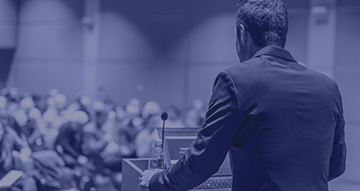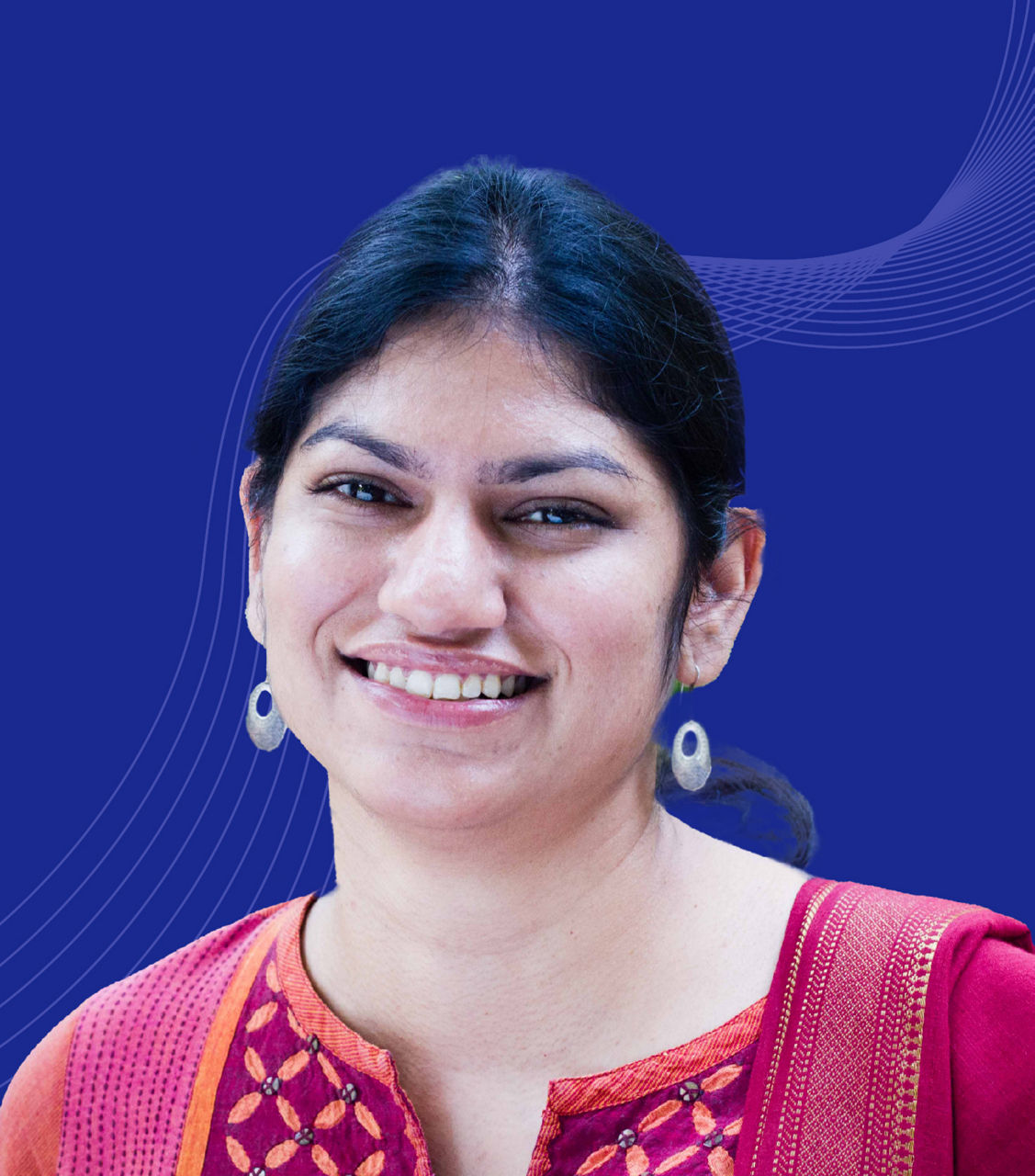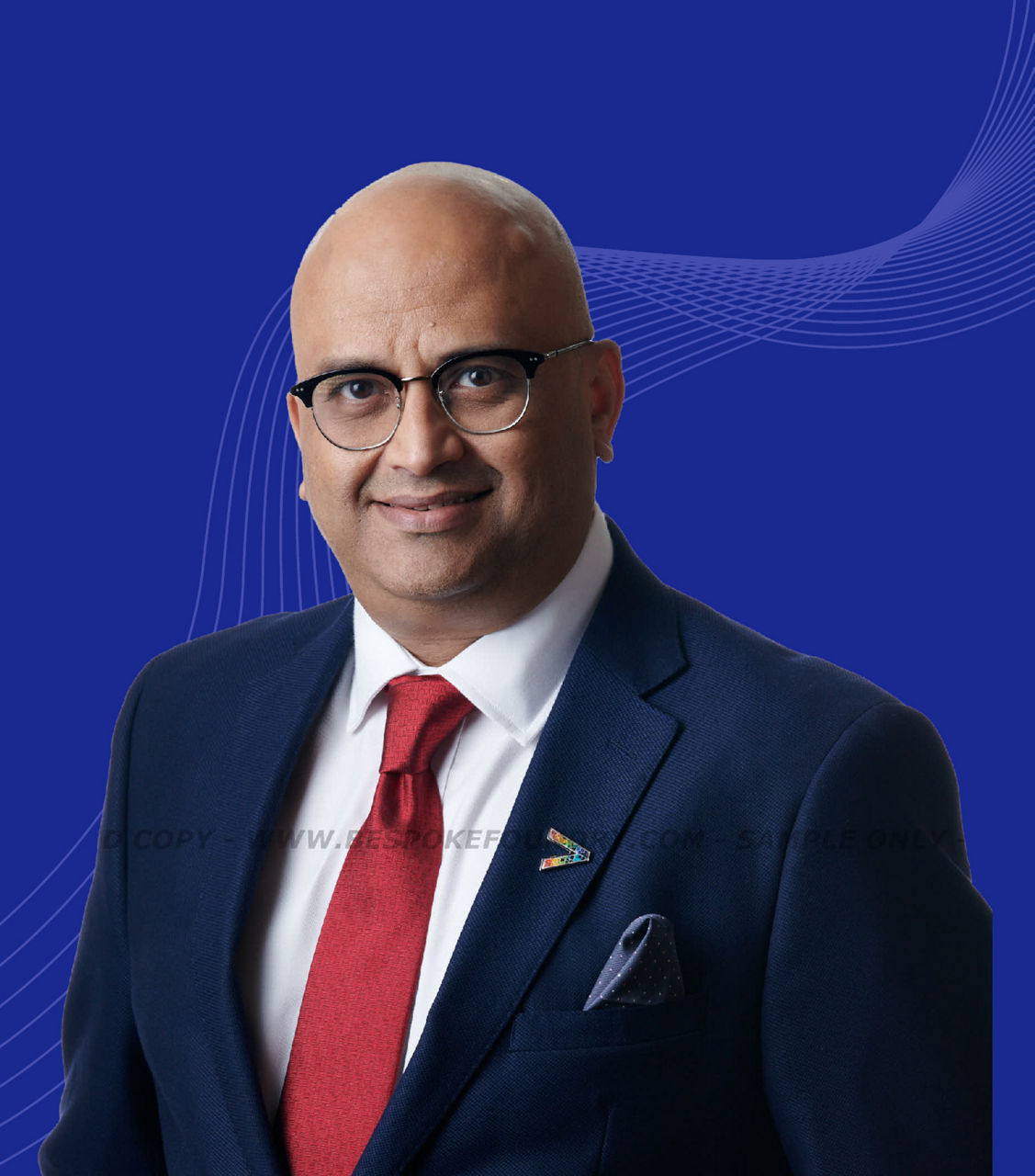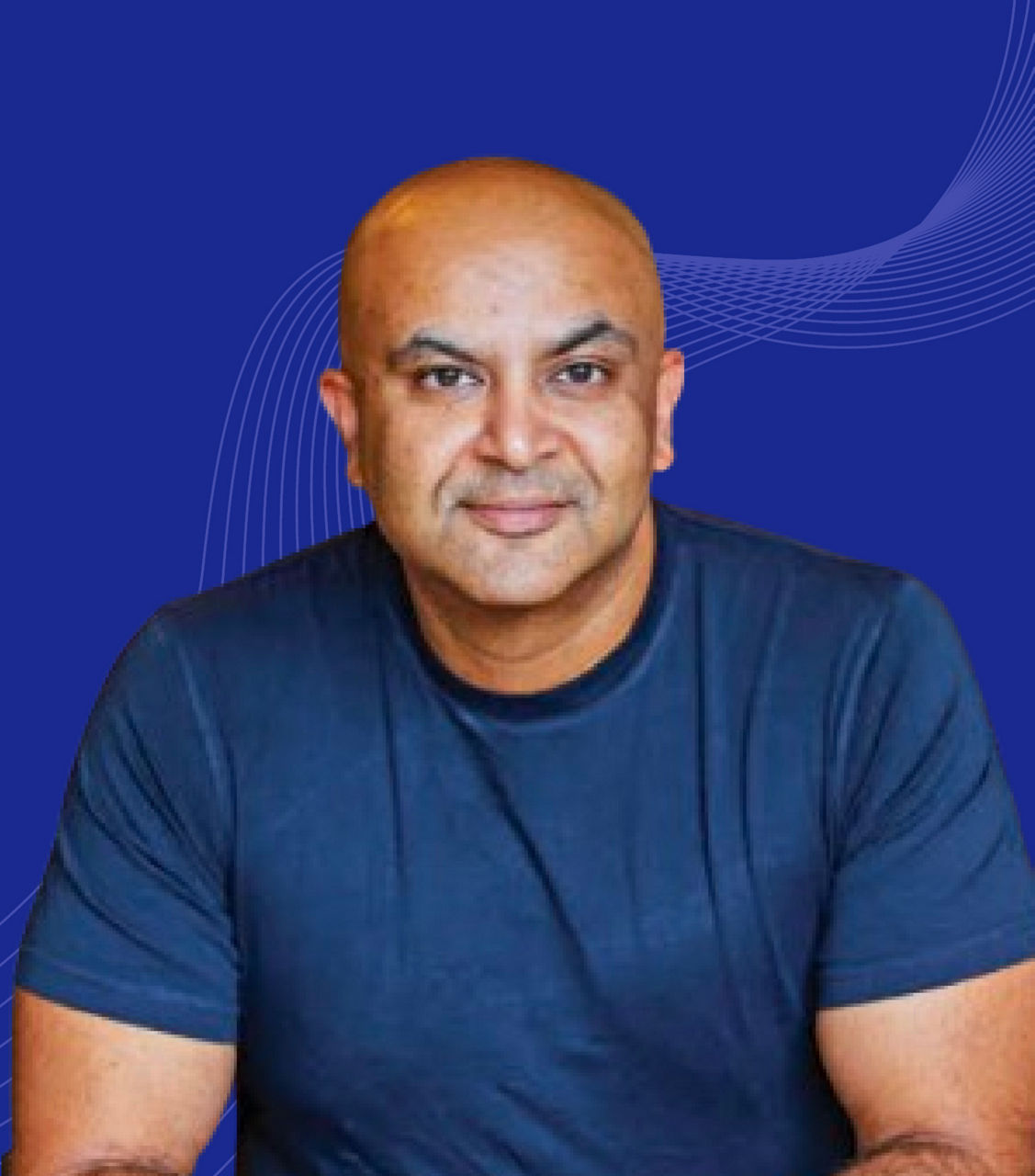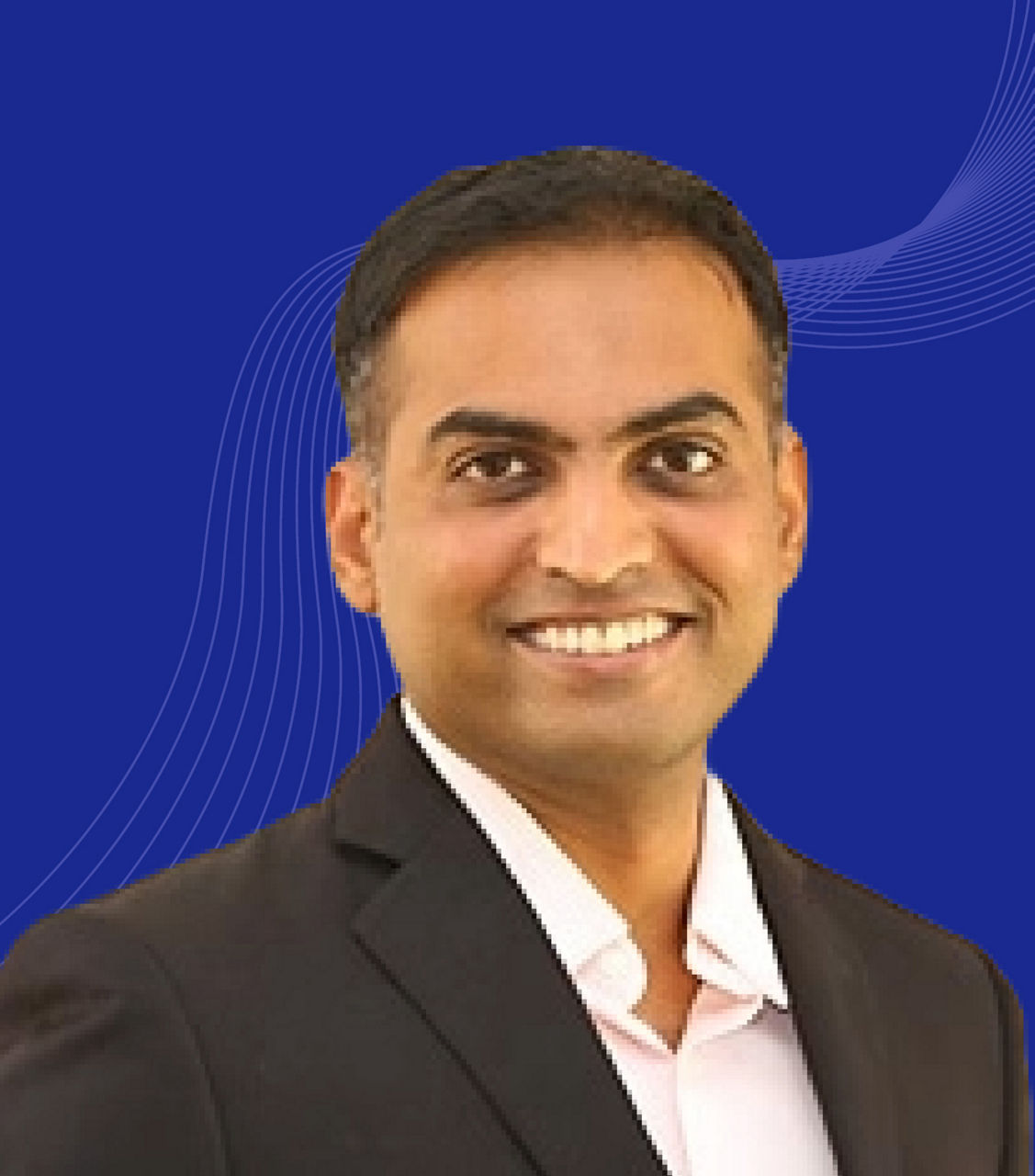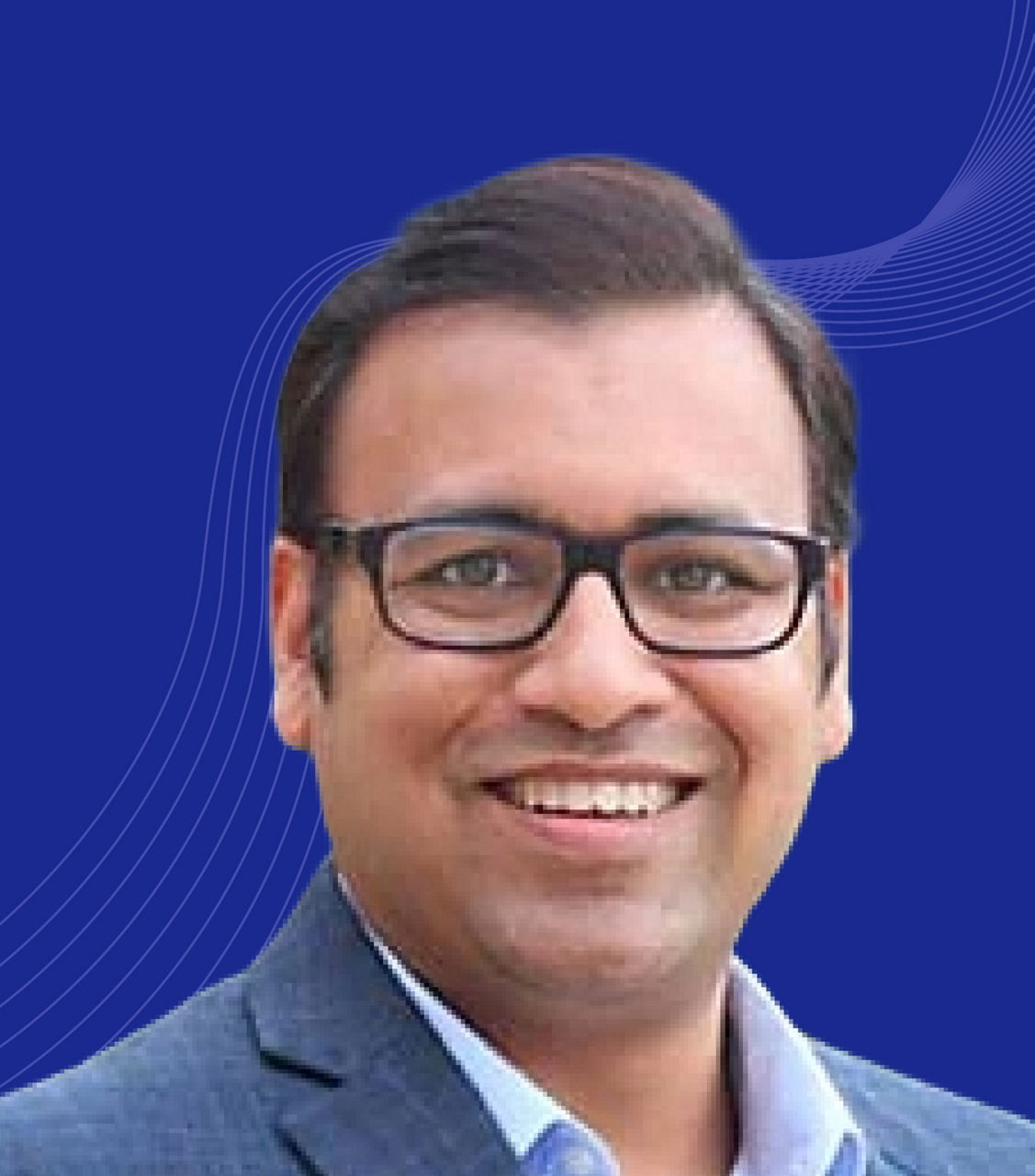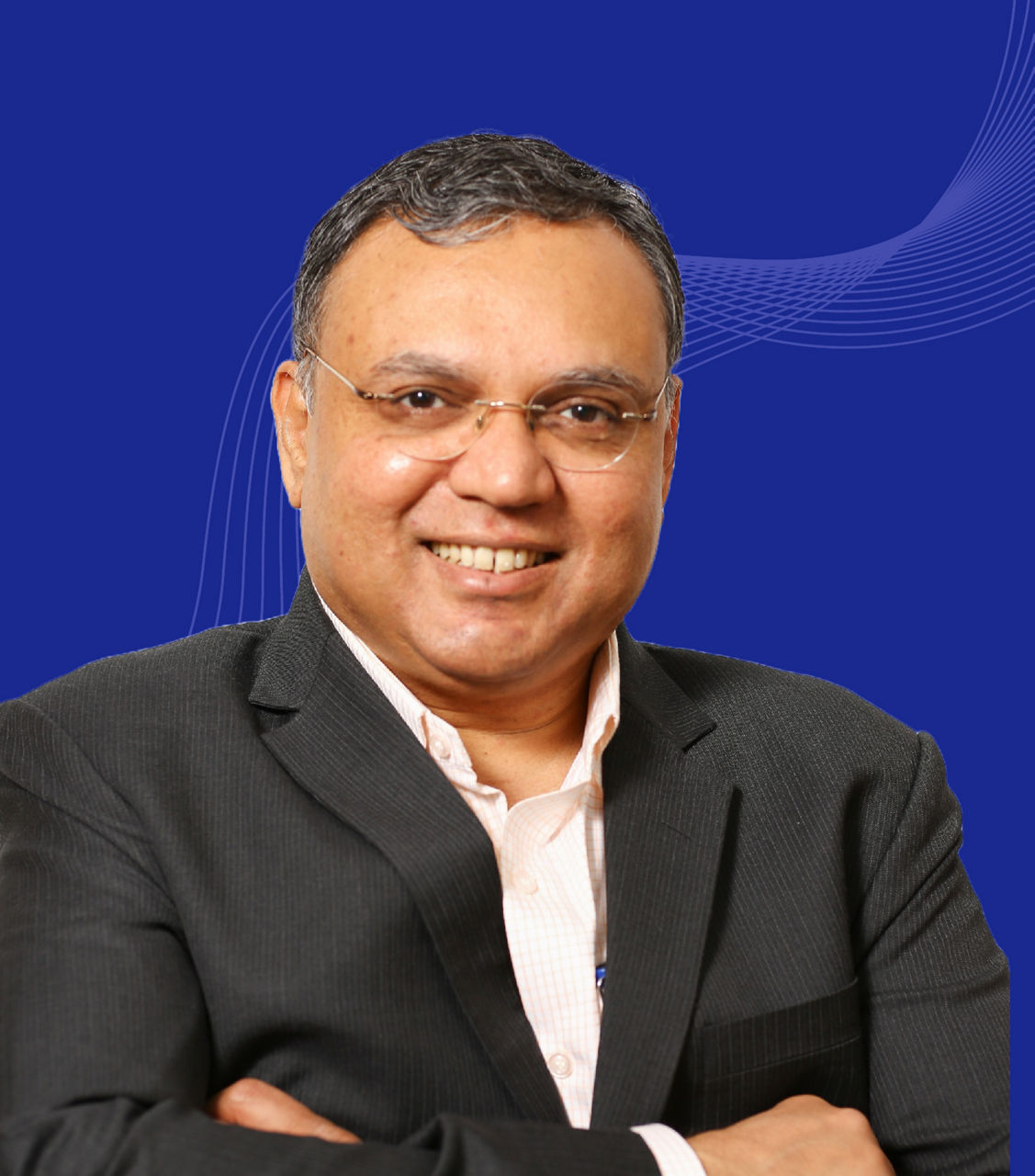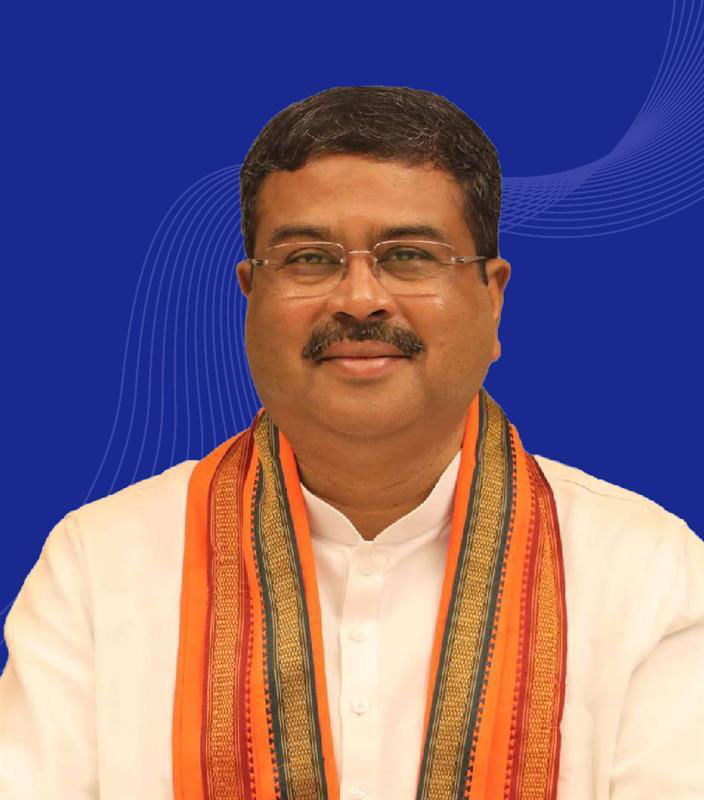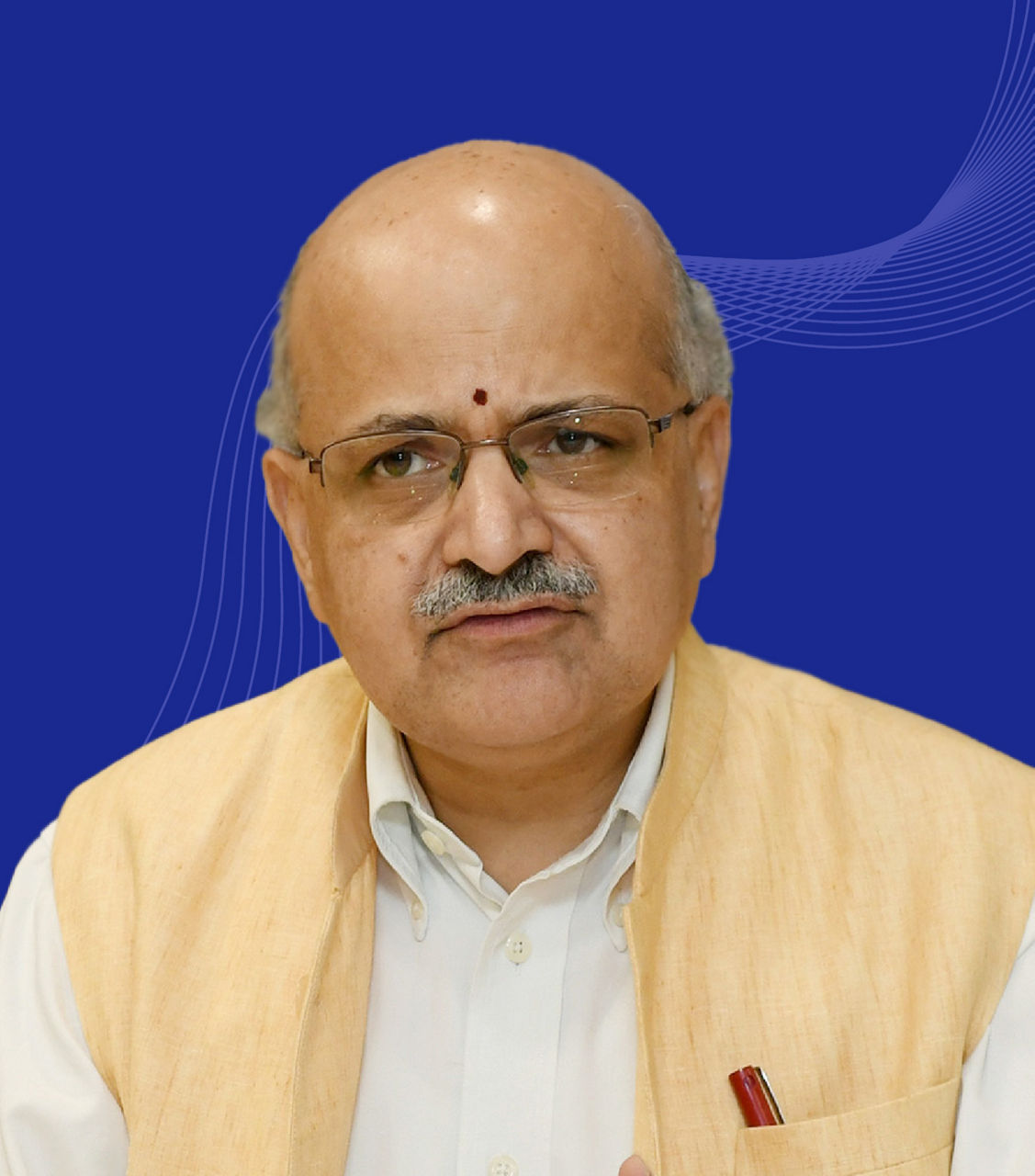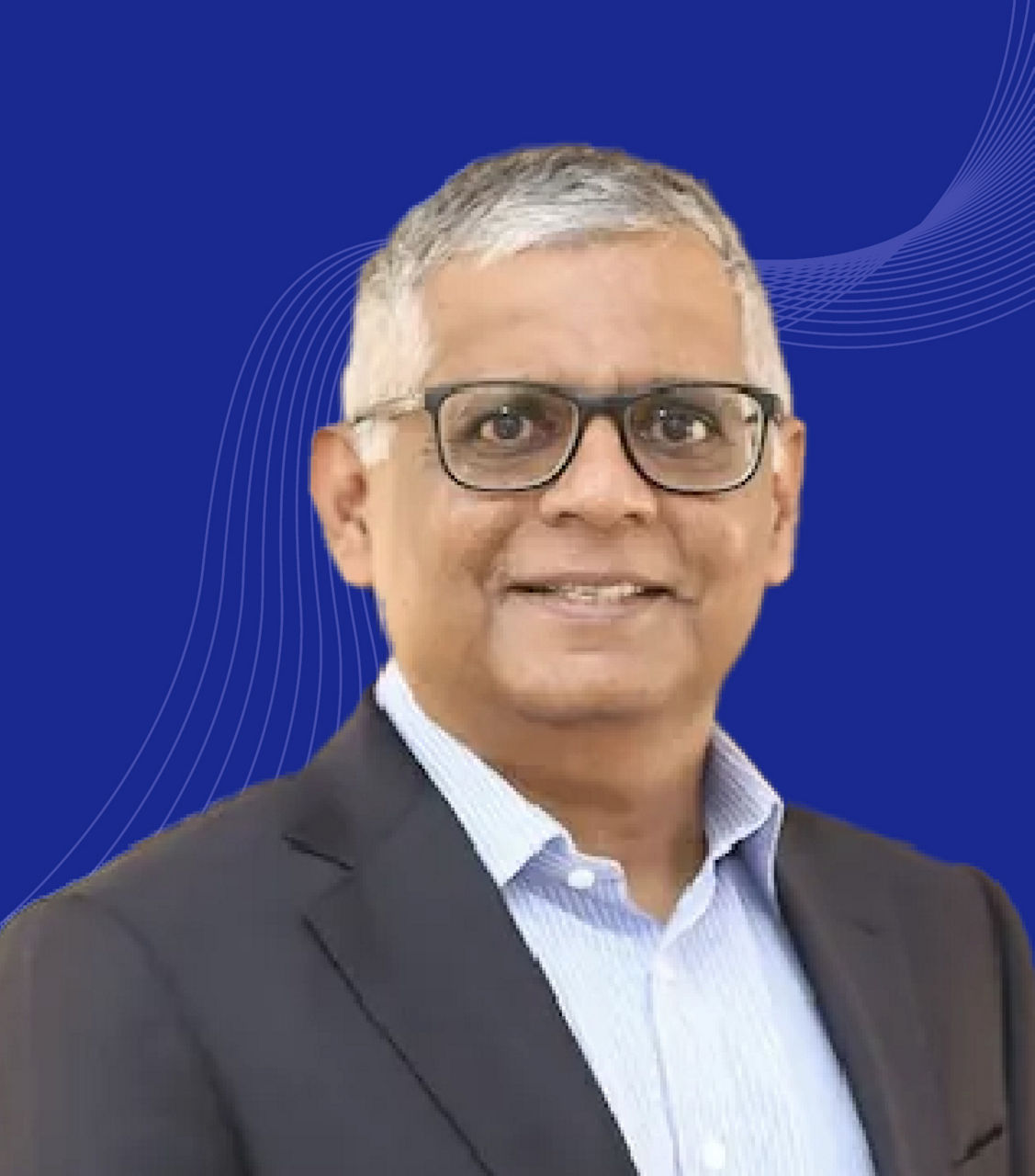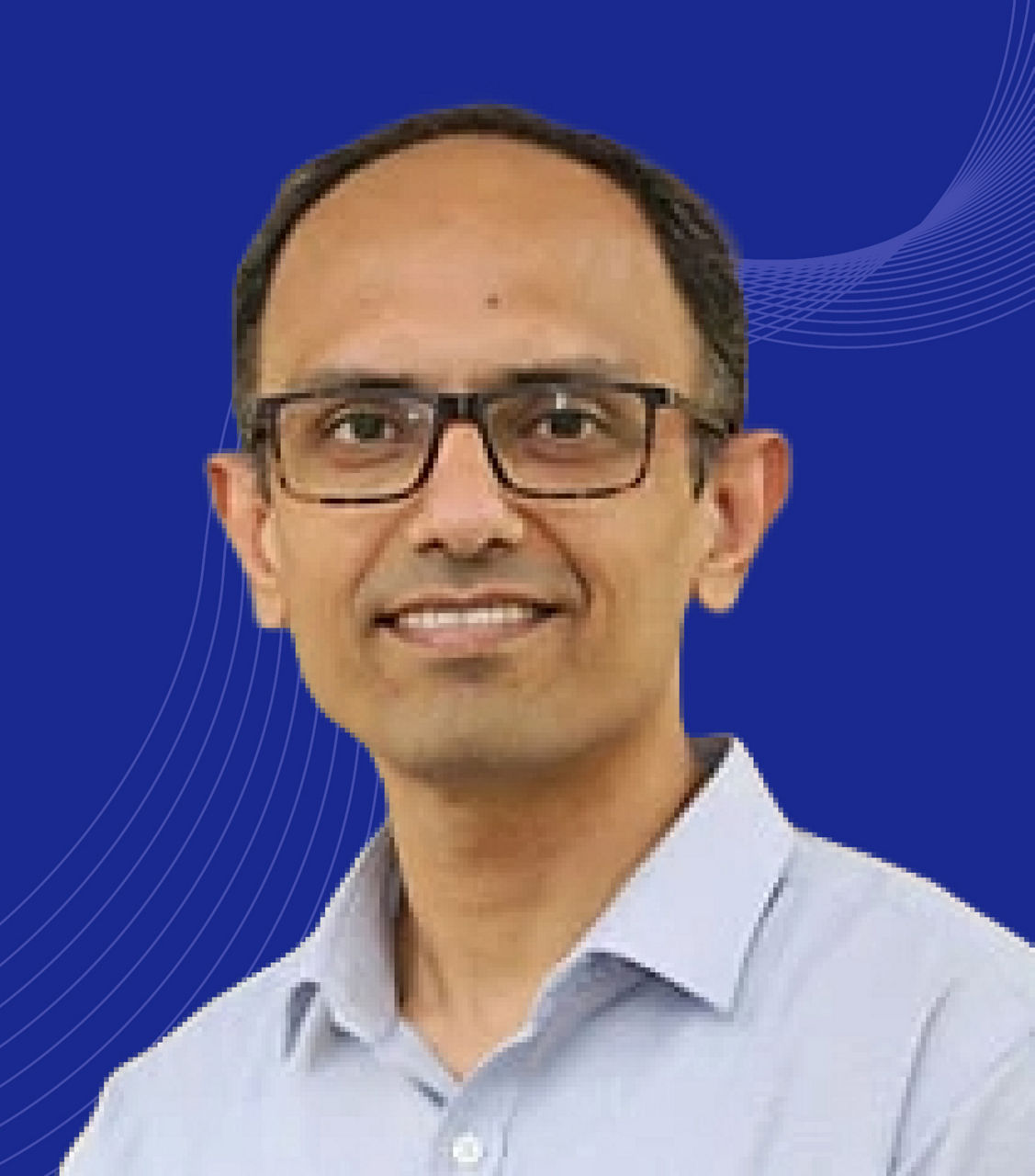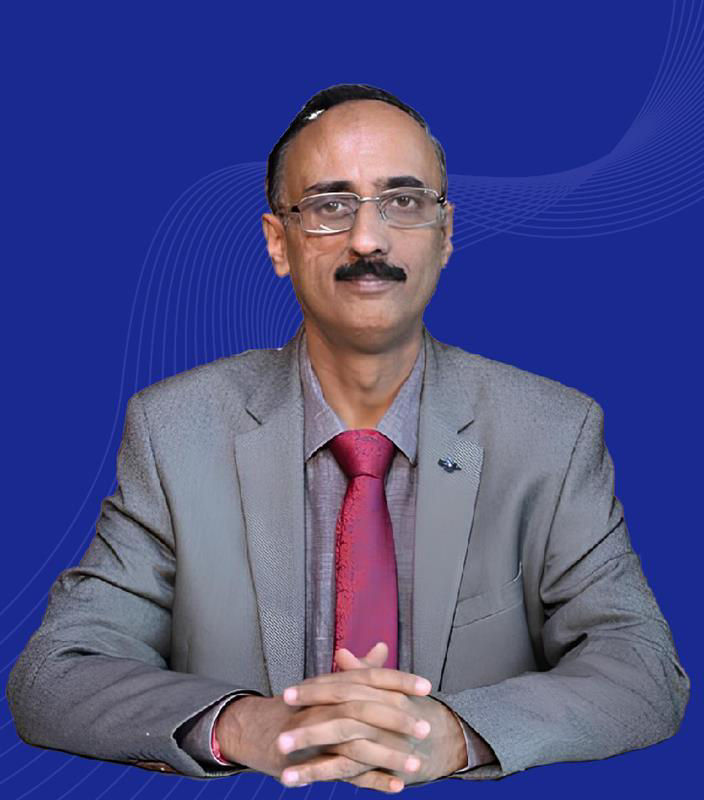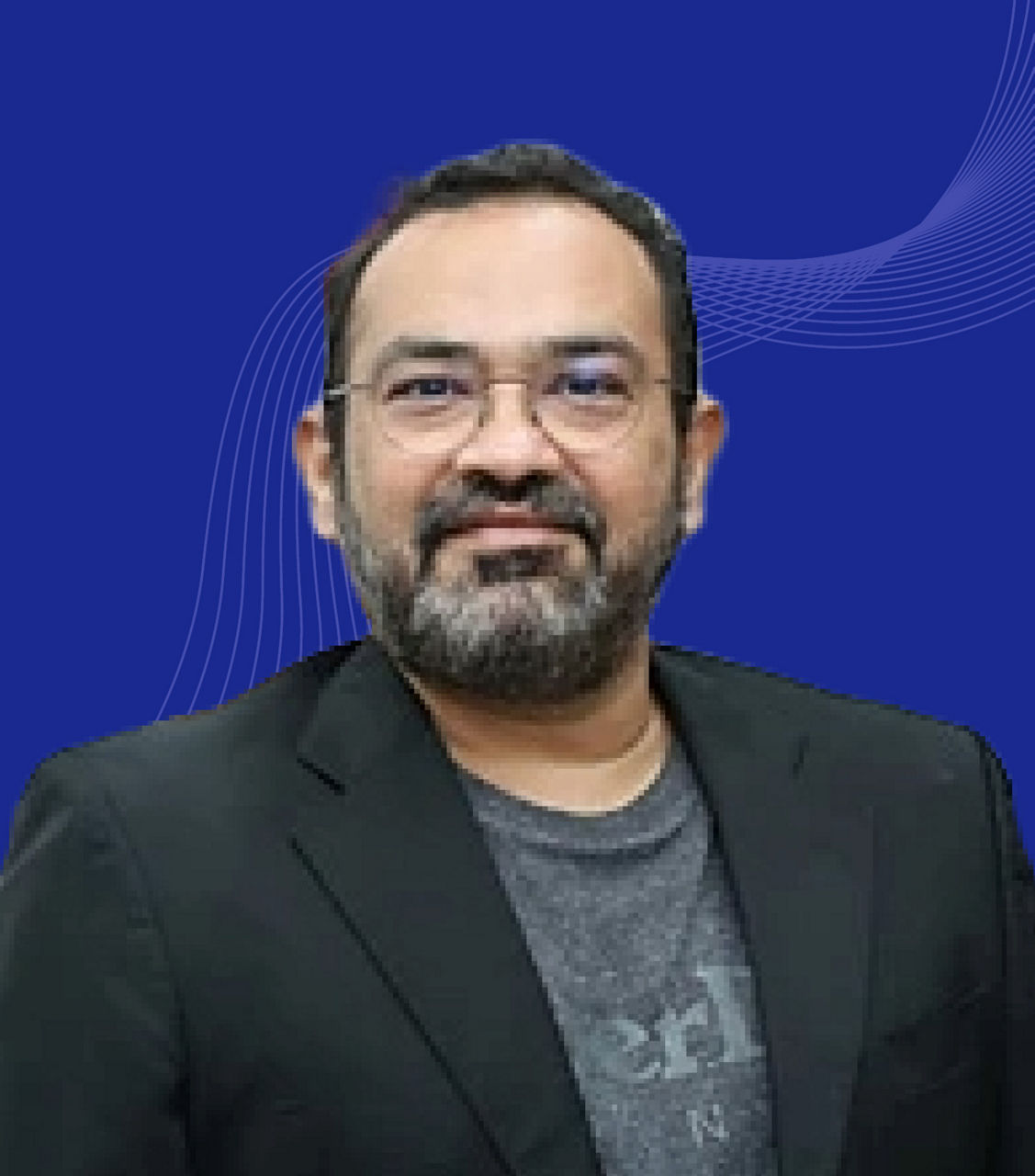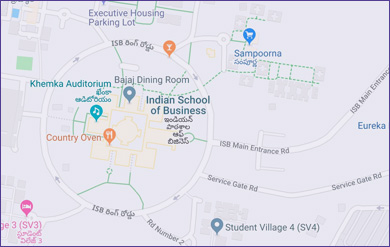About
ISB was founded on the premise that academic research that is locally relevant and globally respected plays a vital role in creating a vibrant business ecosystem. We are proud that we have made some progress in building a community of scholars who use cutting-edge research to solve the thorny problems that India faces as it develops.
Research isn't just about facts and figures. It is a fusion of science and imagination. And framing India’s research future is a collaborative effort.
The ISB Insights Forum, launched in 2023, is a by-invitation-only, annual research showcase, and a platform to spotlight key research shaping management discourse in India and around the globe. It also seeks to recognise crucial support from individuals - through their philanthropy, corporate expertise, and academic contributions - towards the advancement of research initiatives in the country.
Agenda
The second edition of the Forum brought together academicians, policymakers, industrialists, and knowledge creators to create actionable research agendas towards a brighter future for the planet’s 8 billion inhabitants. Led by some of ISB’s senior faculty and senior thought leaders from the government and industry, discussions at the day-long forum explored solutions to many pressing issues that the nation faces today and in the future.

